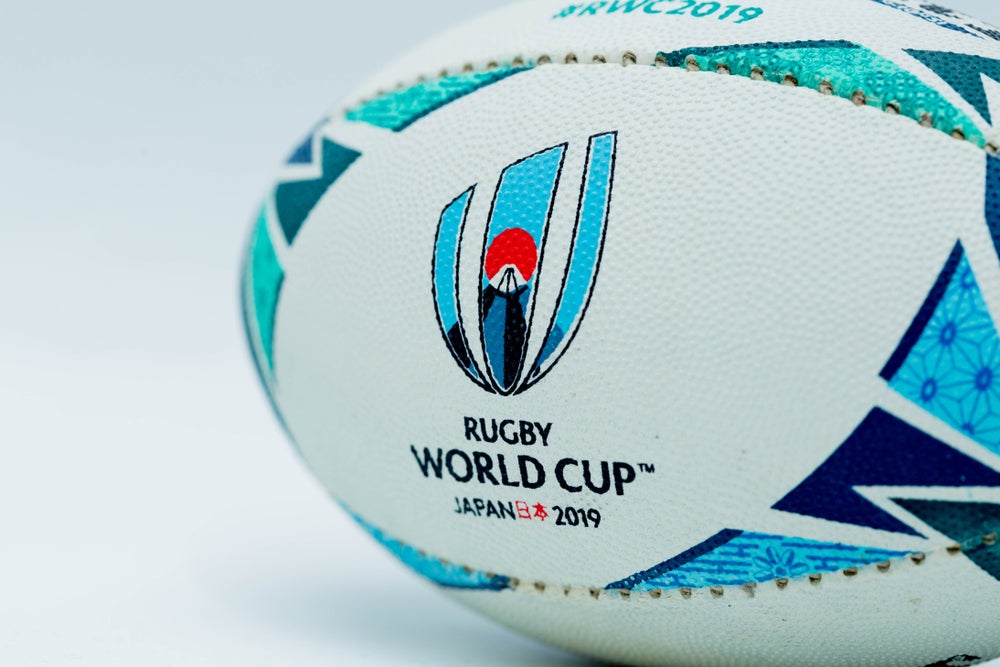
With the Rugby World Cup kicking off today in Japan, fans around the global watched as the hosts beat Russia 30-10.
However, before the players had even set foot on the rugby pitch, one company had already picked a winner using “the power of predictive analytics”. Computer software company Alteryx has analysed every “kick, tackle and try” in order to predict which country will take home the trophy.
How does it work?
Alteryx used stats gathered by sports analytics company Opta, which provides comprehensive data on different sports around the world.
Using data from 1,000 international test matches from the last 12 years (including three World Cups), Alteryx used a linear regression model to predict the results of upcoming matches, as well as points scored, based on previous performance.
Statistics such as win percentage, tries per game, ranking difference and how they have fared against their opponent in recent history were all used to create the model which predicted the upcoming Rugby World Cup results.
The Rugby World Cup results it came up with were as follows:
Quarter-finals
Ireland to beat South Africa by 7 points
New Zealand to beat Scotland by 18 points
England to beat Australia by 11 points
Wales to beat France by 12 points
Semi-finals
Wales to beat Ireland by 7 points
Previous World Cup winners New Zealand to beat England by 3 points
Final
New Zealand to beat Wales by 8 points for a third consecutive title
Although it remains to be seen whether these predictions will come true, this highlights the growing role that data analysis is having in a variety of sports.
Earlier this year, BT Sport used a machine learning model to predict the result of the English Premiere League, accurately naming Manchester City FC as the eventual winners.
Alteryx’s analytics model successfully predicted that Novak Djokovic and Roger Federer would compete in the Wimbledon men’s singles final earlier this year.
Alan Jacobson, Chief Data and Analytics Officer at Alteryx believes that as well as predicting the Rugby World Cup results, data such as this can be utilised to give teams a competitive advantage:
“Whether you need to crunch big data sets or tackle complex analytical predictions to increase percentages, data has become a vital part of both player and game appraisal analysis. From performance data accrued through wireless-enabled wearable activity trackers to predicting training loads or identifying key injury triggers, predictive and spatial tools are changing the way sports are played as teams turn to data to achieve a competitive edge. By building advanced predictive models to exploit past match and individual performance data in order to garner complex insights we can realistically predict New Zealand will be the ultimate tournament winner in Japan.”
Read More: Predictive analytics model crowns Wimbledon champion two weeks early.







